UN experts say Libya arms embargo 'totally ineffective'
United Nations (UN) experts have assessed that the arms embargo imposed on Libya by the world body continues to be violated on a regular basis and remains "totally ineffective."
An international arms ban was imposed on Libya in 2011 to prevent the warring parties in the oil-rich North African country from continuing fighting.
The UN experts said in a report on Tuesday that that goal remained unaccomplished.
"The arms embargo remains totally ineffective," the experts said, adding that, for "member states directly supporting the parties to the conflict, the violations are extensive, blatant and with complete disregard for the sanctions measures."
The UN experts lamented the fact that foreign arms suppliers and patrons in the Libyan conflict, including countries such as the United Arab Emirates, Egypt, and Turkey, controled the procuement chain, complicating their investigations.
"Their control of the entire supply chain complicates detection, disruption or interdiction," they said. That makes "any implementation of the arms embargo more difficult."
The Tuesday report reiterated earlier findings that mercenaries from the private sector were employed in the Libyan conflict.
Blackwater from the United States and the Wagner Group from Russia were named as the private firms recruiting mercenaries in Libya to fight for one side or the other.
Russia's Rossiskie System Bezopasnosti Group was cited in the report as another firm operating in Libya refurbishing fighter jets.
Turkish military contractor SADAT was also listed as one of the companies violating the arms ban.
The UN experts also reported the ineffectiveness of the economic sanctions targeting individuals or entities operating in Libya due to a "persistent lack of transparency."
"Implementation of the assets freeze and travel ban measures with regard to designated individuals remains ineffective," the UN experts wrote.
Libya has been in turmoil since the overthrow of former dictator Muammar Gaddafi in an uprising and military intervention by NATO in 2011. Internal divisions deepened in 2014, when two rival administrations were established, an internationally-recognized government in the capital, Tripoli, and a power base in the country's east. The eastern camp has been receiving support from armed rebels.
Government forces have been fighting the rebels since then. The conflict has turned into a regional proxy war fueled by foreign powers pouring weapons and mercenaries into the country, with the Tripoli government receiving major backing from Turkey, and the rebels from the United Arab Emirates, Egypt, and Jordan.
The UN experts accused officials in Libya's east of violating UN restrictions with "their efforts to illicitly export crude oil and to import aviation fuel."
The UN experts suggested that the Security Council impose "flag deregistration; a landing ban; and an overflight ban" on aircraft that violated the UN arms embargo.
They also suggested that the Security Council "authorize member States to inspect, on the high seas off the coast of Libya, vessels... that they have reasonable grounds to believe are illicitly exporting or attempting to export crude oil or refined petroleum products."
On Tuesday, the internationally-recognized government of Libya officially handed over power to a new interim executive that is expected to unify the war-torn African country after decade-long violence and division.
The rebels have expressed support for the new peace process in the country.
US-Israeli strike targets IRIB facility; broadcasts continue
IRGC: Latest waves of Op. True Promise 4 led to tanker strikes, base shutdowns, heavy casualties
CENTCOM confirms US troops killed in Iran’s retaliatory strikes
China ‘strongly condemns’ US-Israeli assassination of Iran’s Leader
Iran sees no limits in defending itself after Leader's ‘dangerous’ assassination: FM
IRGC strikes USS Abraham Lincoln aircraft carrier with volley of ballistic missiles
Iranian armed forces to pulverize US bases across the region: Pezeshkian
Enemy will take dream of enslaving the Iranian nation to grave: Army chief


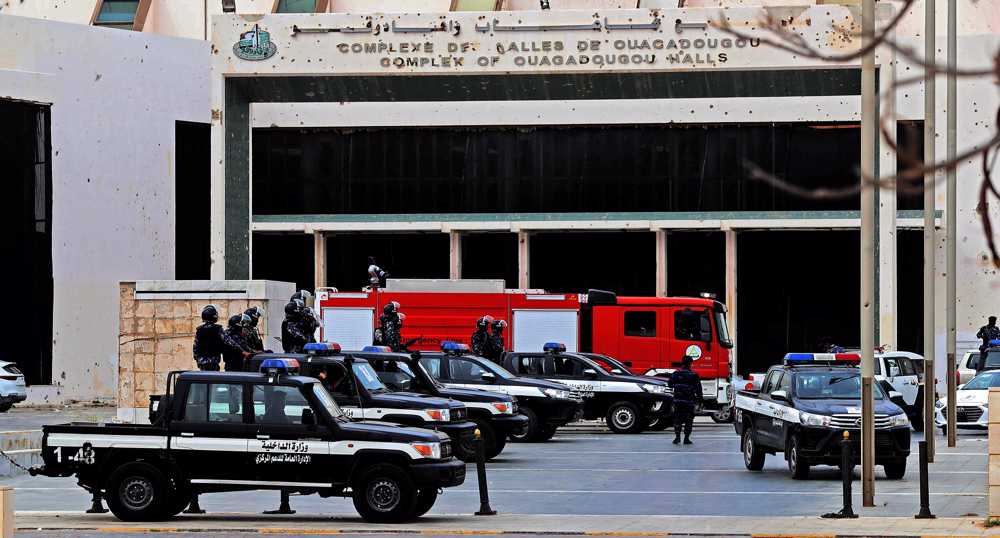

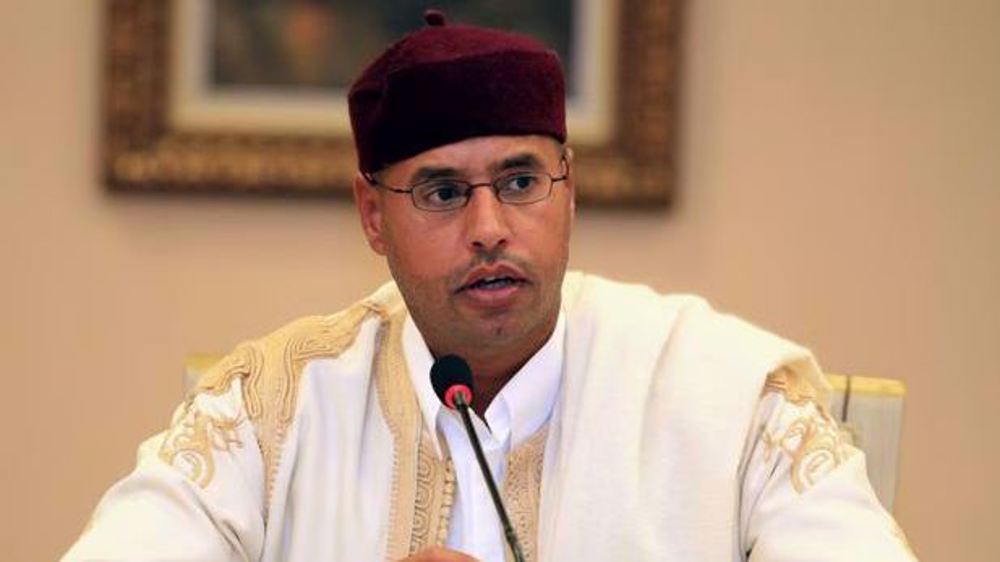
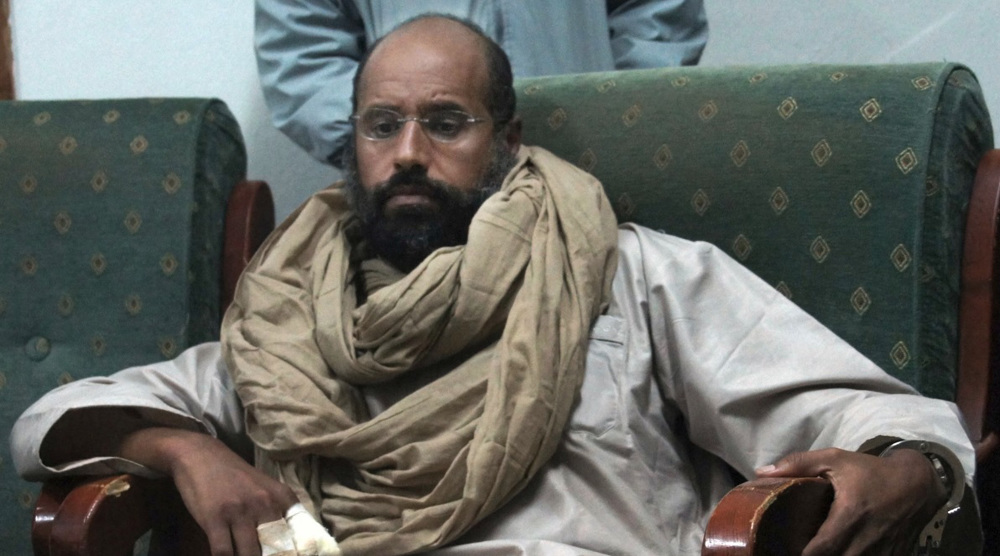



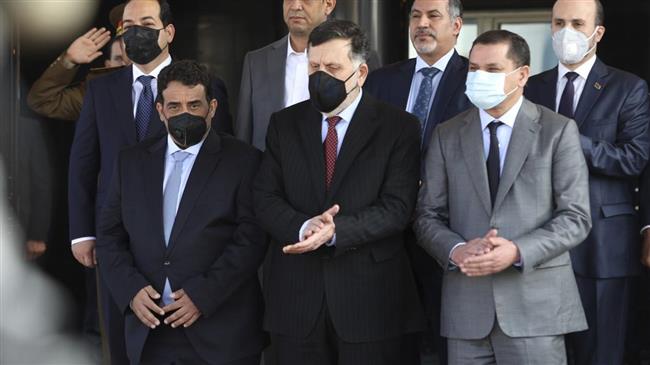
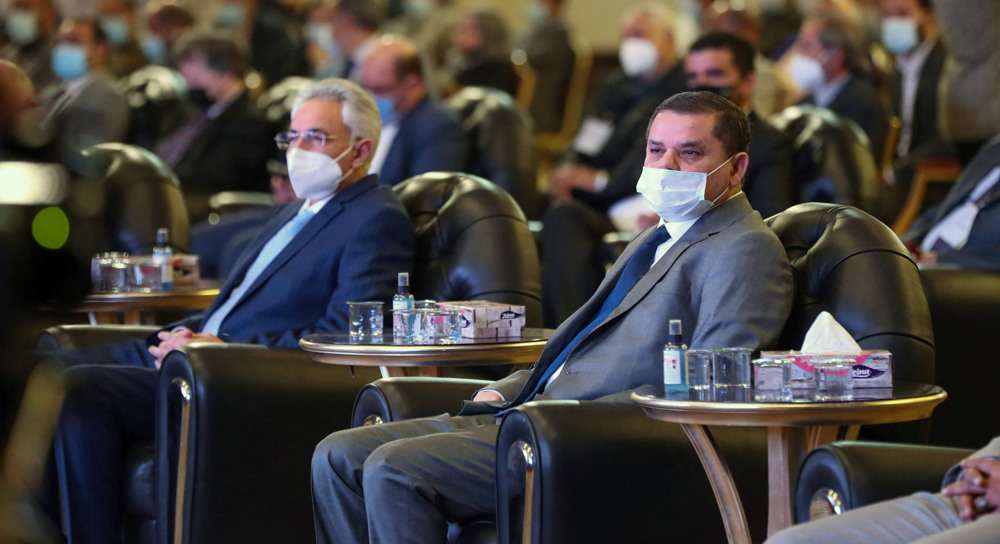



 This makes it easy to access the Press TV website
This makes it easy to access the Press TV website